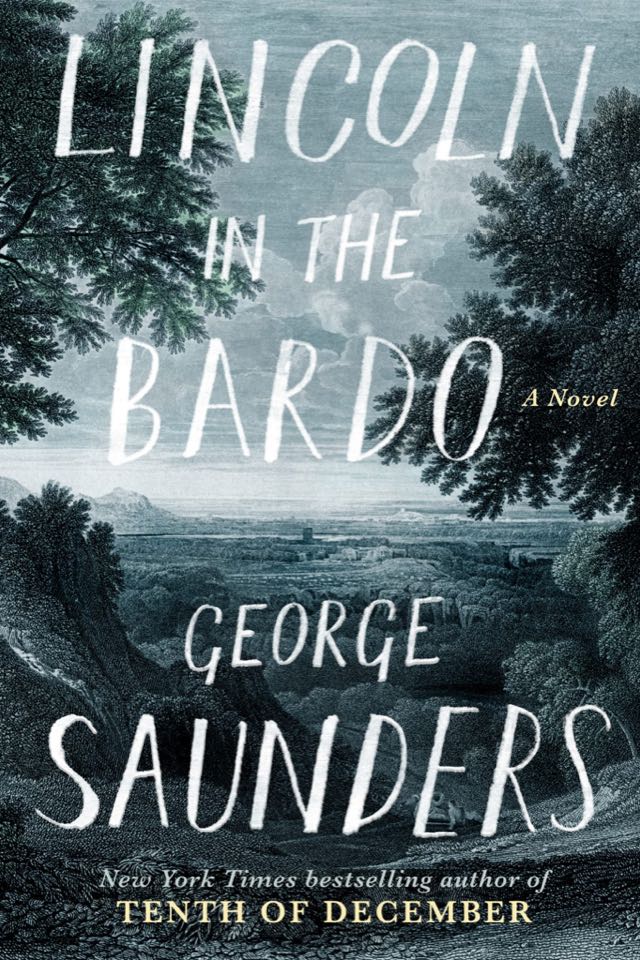Lincoln in the Bardo
— Alexandra d’Abbadie
Lincoln in the Bardo is delightfully weird. Before picking it up, I’d assumed that the novel’s force stemmed from its subject matter: Abraham Lincoln! The heart-rendering death of his beloved son! What curious pleasure, then, to discover that the novel’s constructed of fragments—George Saunders defines them as ‘a series of monologues’ and ‘samples’ in an interview with Granta Magazine. This, above the poignant story, is what makes the novel truly remarkable.
The ‘samples’ are extracts from varied historical books and other sources, judiciously juxtaposed. They set the scene and tone of the epoch, building narrative but also questioning narrative.
Take the building blocks of description that create the portrait of Willie Lincoln, for instance:
Willie Lincoln was the most lovable boy I ever knew, bright, sensible, sweet-tempered and gentle-mannered.
In “Tad Lincoln’s Father,” by Julia Taft Bayne.
He was the sort of child people imagine their children will be, before they have children.
Randall, op. cit.
His self-possession – aplomb, as the French call it – was extraordinary.
Willis, op. cit.
And this section below, discussing Lincoln’s aesthetic appeal or lack thereof:
The ugliest man I have ever put my eyes on. In “The Photographs of Abraham Lincoln,” by Frederick Hill Meserve and Carl
Sandburg, account of Colonel Theodore Lyman.
The homeliest man I ever saw.
Piatt, op. cit.
Not only is the ugliest man I ever saw, but the most uncouth and gawky in his manners and appearance.
In “Lincoln,” by David Herbert Donald, account of a soldier.
The second sort of fragments, the ‘monologues’, are – well:
And there came down upon us a rain of hats.
the reverend everly thomas
Of all types.
roger bevins iii
Hats, laughter, crude jests, the sound of fart-noises made by mouths, from on high: these were the harbingers of the approach of the Three Bachelors.
the reverend everly thomas

The monologues (and dialogues) are from the spirits who dwell in a transitional realm—a ‘bardo’, in the Tibetan tradition—who absolutely refuse to admit that they are dead (they call their tombs ‘sick-boxes’).
You could argue that Lincoln in the Bardo is a metafictional novel, examining the narratives and dialogues that make up that ambiguous thing we call ‘History’. Think about it: the book’s constructed of accounts and opinions of people from all classes, writing down their views of one man and the tragic death of his son, civil war erupting all around them. You also have people (OK, dead people—but written history will always be a kind of Great Book of the Dead) reflecting and constantly re-telling the story of their lives, constructing a narrative of themselves, attempting to make sense of what they’ve done and where they are today. The bardo isn’t just an earthly-spiritual realm: it’s a place of transition, of denials and affirmations, where the spirits try to find some lucidity in the surreal chaos of life. Isn’t that history, after all, a constant agglomeration of fact, interpretation and erasure? In this sense, Saunders has created a brilliant, self-reflexive, thoroughly postmodern novel.